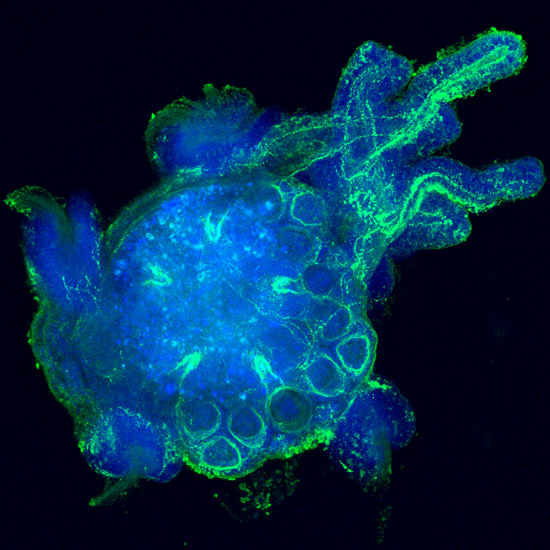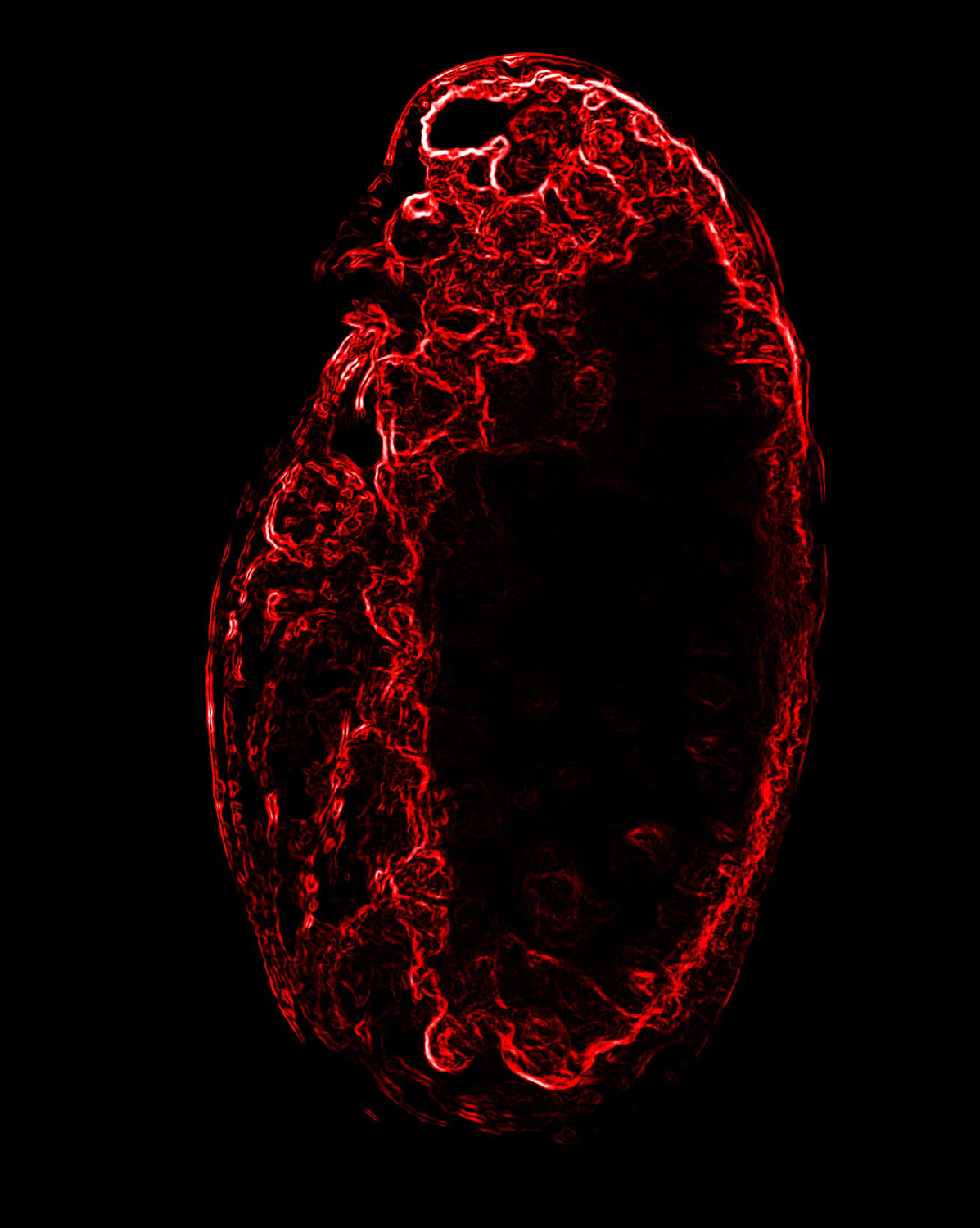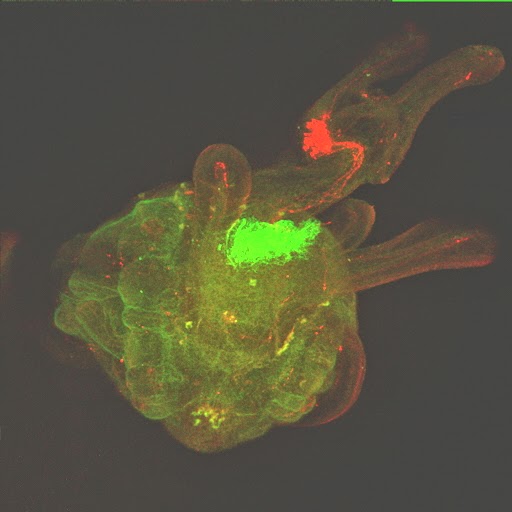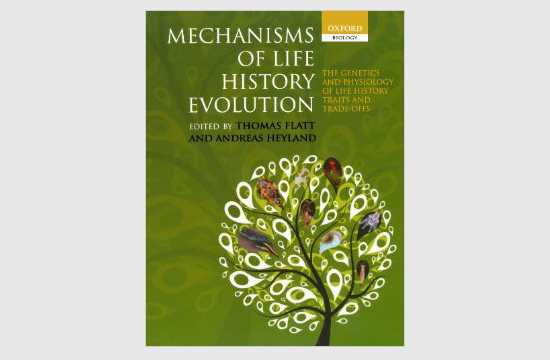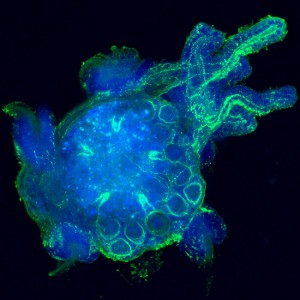Comparative Functional Genomics Lab
Calcium Metabolism in Daphnia
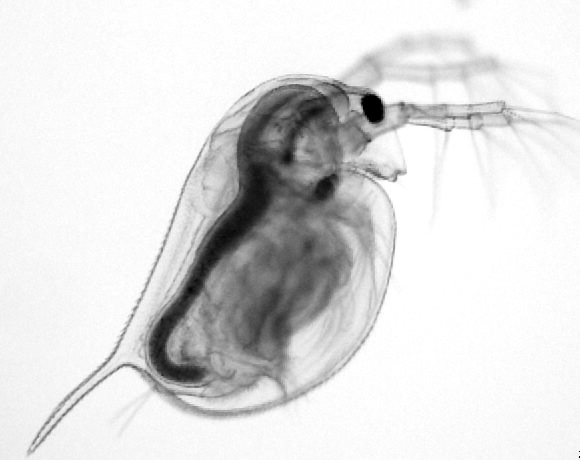
Ambient calcium is declining in thousands of soft-water lake habitats in temperate regions as a consequence of unsustainable forestry practices, decreased atmospheric calcium deposition, and acidic deposition. As their exoskeleton is heavily reinforced with calcium, freshwater crustaceans have a high specific calcium requirement relative to other aquatic organisms. Daphnia in particular, is an ideal crustacean for investigating the consequences of calcium decline because it is an abundant and important member of freshwater zooplankton communities. Collaboratively with Dr Norman Yan (York University) we are
- Testing fitness consequences of Daphnia species in limiting calcium environments
- Analyzing the molecular mechanisms for calcium transport in Daphnia and investigating the endocrine basis for Daphnia calcium transport regulation
- Testing the interaction of calcium with metal contaminants and other stressors in the environment
More Research in the Heyland Lab
